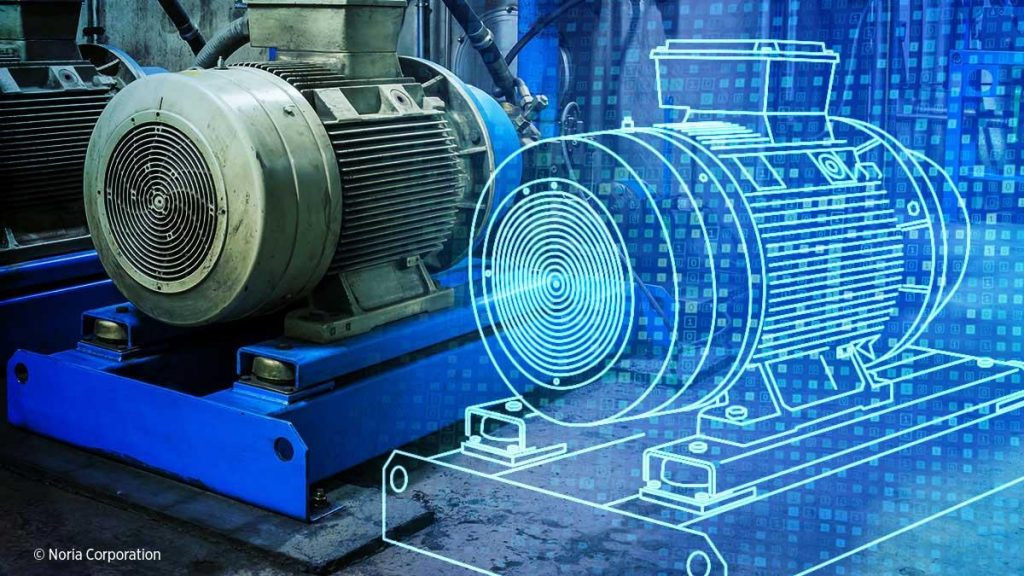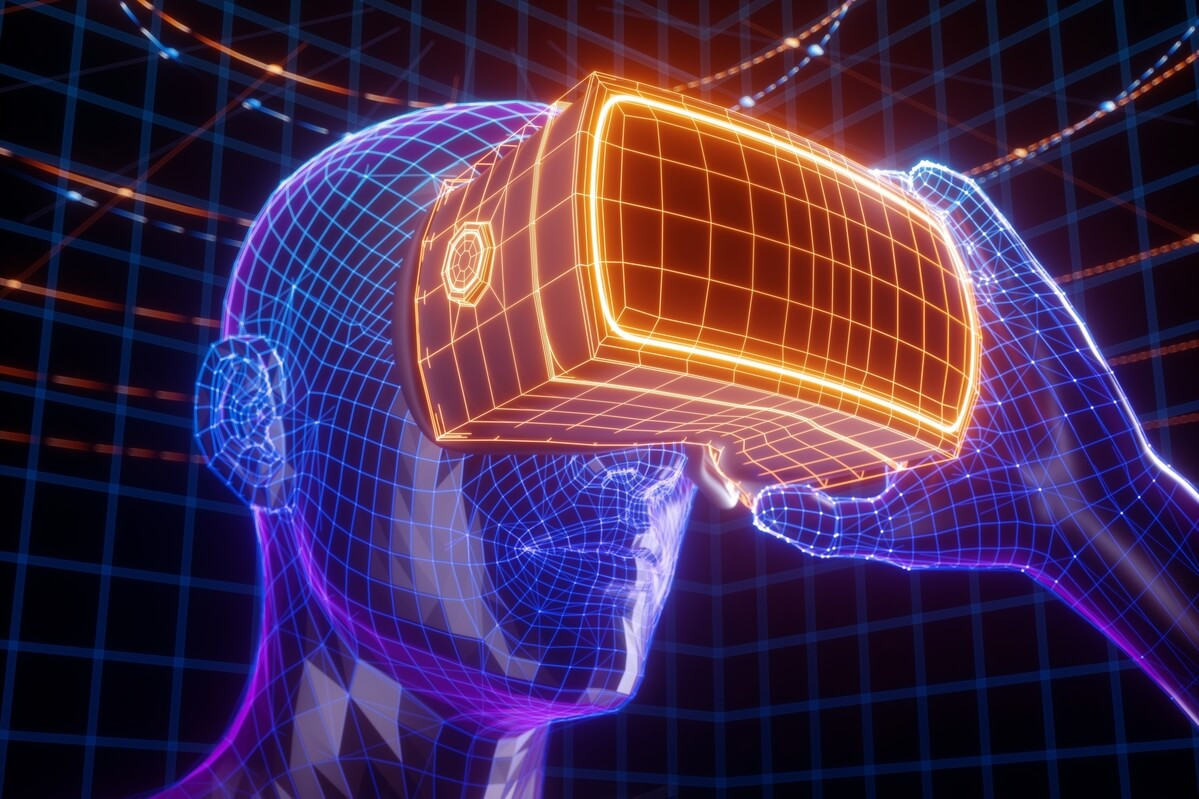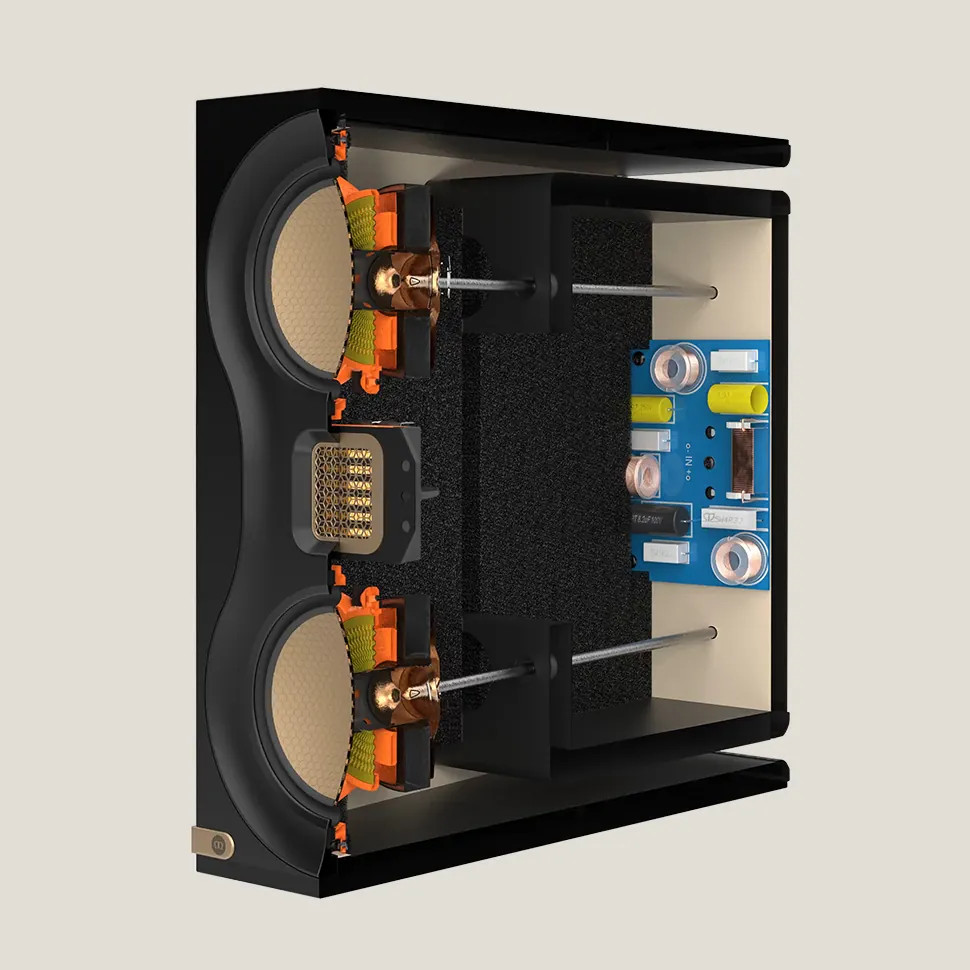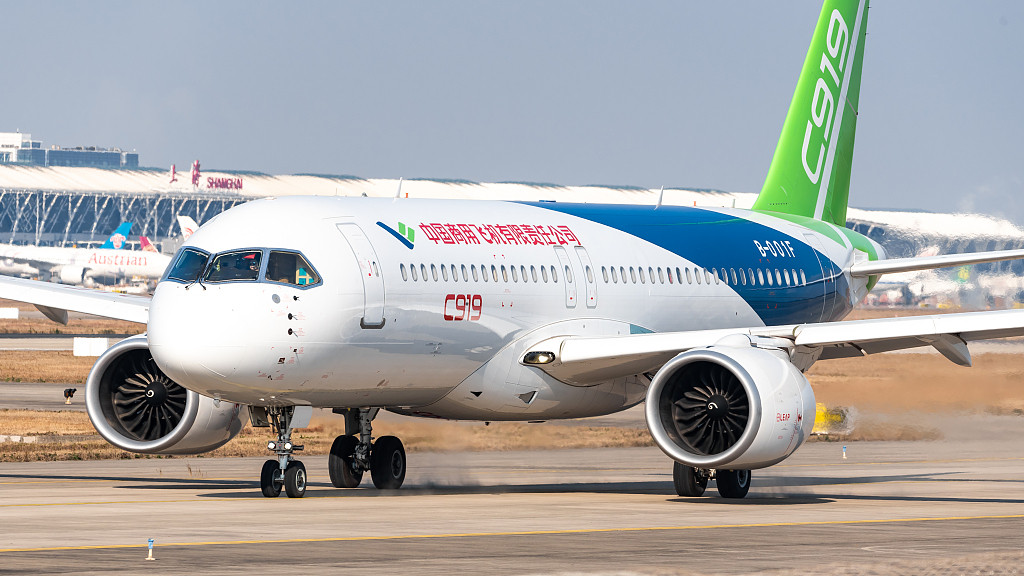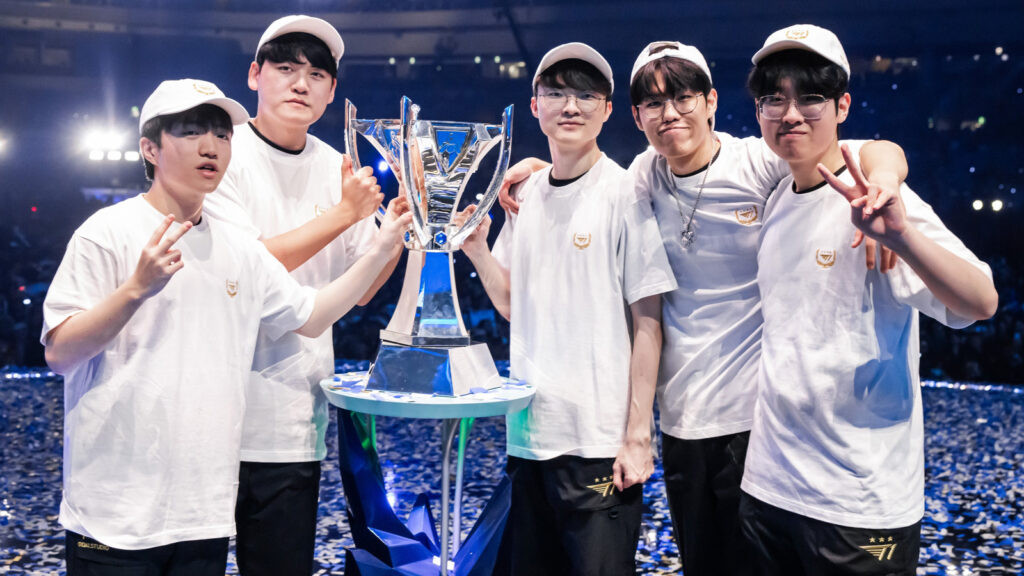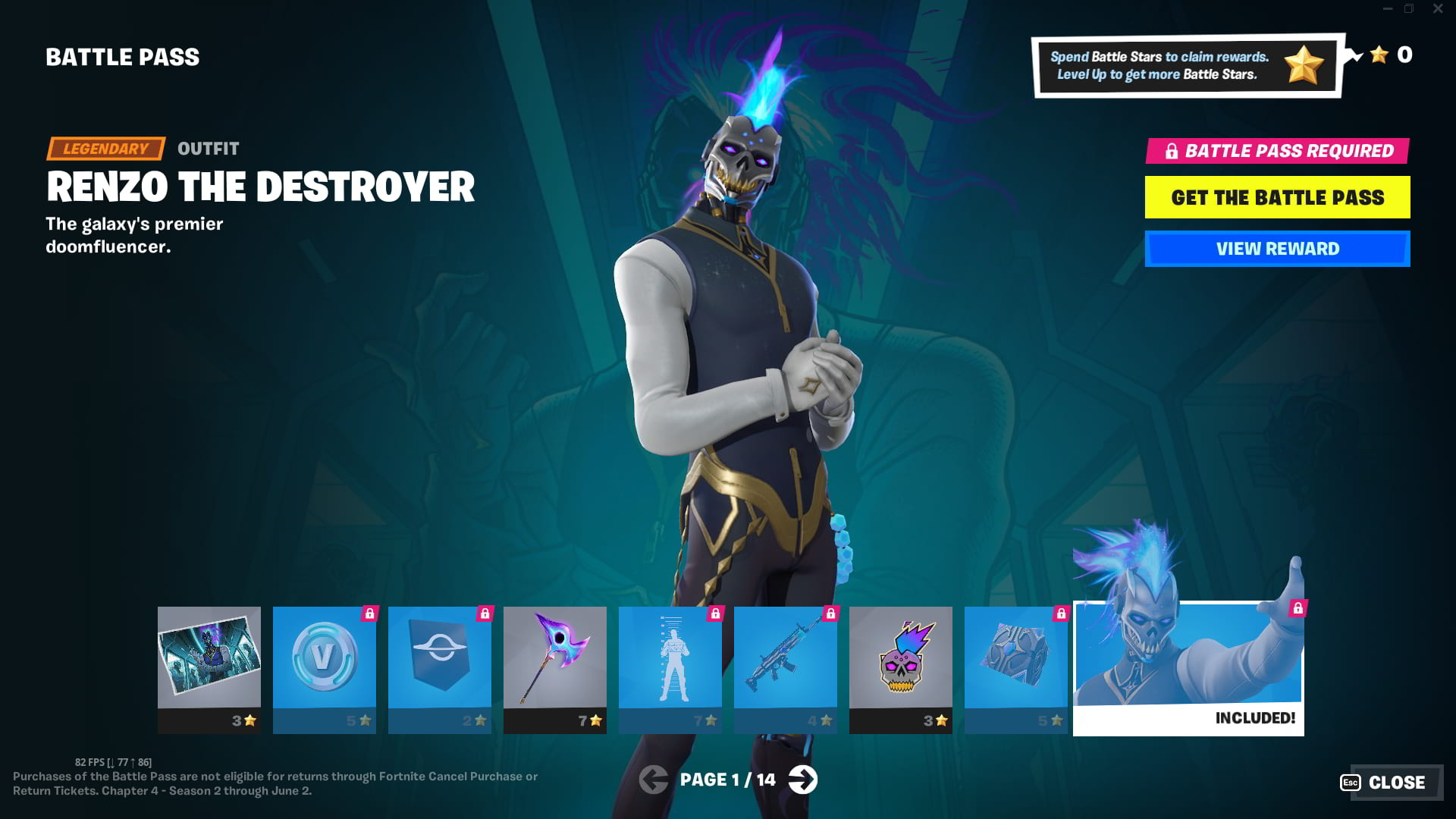The Rise of Digital Twins in Sports: A Game-Changer for Athletes and Fans Alike
The world of sports is rapidly evolving, with technology playing an increasingly prominent role. From sophisticated analytics to wearable devices, innovation is transforming the way we train, compete, and experience athletic events. But one technology stands out as a true game-changer: AI-powered 'digital twins'.
Digital twins are virtual representations of real-world objects, systems, or processes. In sports, they can be used to create realistic simulations of athletes, teams, or even entire stadiums. These simulations can be used for a wide range of purposes, from optimizing performance to enhancing fan engagement.
Transforming Athlete Performance: Personalized Training and Injury Prevention
One of the most exciting applications of digital twins is in athlete performance optimization. By creating a virtual replica of an athlete, coaches and trainers can analyze their movement patterns, biomechanics, and physiological responses to exercise. This data can then be used to create personalized training plans, tailored to the individual athlete's strengths and weaknesses.
A Deeper Dive into Athlete Performance Optimization with Digital Twins
Furthermore, digital twins can be used to simulate different training scenarios and predict the likelihood of injury. This allows coaches to make proactive adjustments to training programs and help athletes avoid potentially debilitating injuries. For instance, a digital twin of a basketball player could be used to simulate the stresses and strains of different jump shots, allowing coaches to identify any biomechanical imbalances that could lead to an injury.
By leveraging these insights, coaches can fine-tune training regimens to maximize athlete performance while minimizing the risk of injury. This can be especially valuable for athletes who participate in high-impact sports, such as football, rugby, and basketball.
Enhancing Fan Engagement: From Personalized Viewing Experiences to Virtual Stadiums
Digital twins are not just about improving athlete performance; they can also transform the way fans experience sports. By creating virtual replicas of stadiums, broadcasters can offer fans immersive, interactive viewing experiences. Imagine being able to watch a game from any seat in the stadium, or even zoom in on individual players and see their movements in real-time.
Reimagining the Fan Experience: Engaging Content and Interactive Simulations
This technology can also be used to create personalized content, such as highlight reels tailored to individual fan preferences. Digital twins can even be used to simulate different game scenarios, allowing fans to experience the excitement of a close match even if their team is not playing. This interactive content can further engage fans and create a more immersive experience, particularly for those who cannot attend live events.
The Future of Sports: A Seamless Blend of Reality and Virtuality
As digital twins continue to evolve, their impact on sports will only grow. In the future, we may see virtual coaches guiding athletes through real-time training sessions, or fans attending live events from the comfort of their own homes with unparalleled realism.
This integration of reality and virtuality holds immense potential to revolutionize the sports industry, enhancing both athlete performance and fan engagement. The future of sports is one where technology empowers athletes and fans to experience the game in new and exciting ways.
The End of the Game?
While the possibilities offered by digital twins are exciting, it is crucial to consider the potential challenges and ethical considerations associated with this technology. Concerns around data privacy and the potential for manipulation of game outcomes require careful attention.
As we embrace the transformative power of digital twins in sports, it is vital to navigate these challenges responsibly and ensure that this technology is used to enhance the integrity and enjoyment of the game. We must strive for a future where technology empowers athletes and fans alike, while upholding the values of sportsmanship and fair play.




